
Eat 3 dates daily and these 6 things will happen to your body!
Dates are among the oldest known foods consumed by humans. Archaeological findings suggest that these sweet, wrinkled fruits were cultivated as far back as 7000 BC, making them one of the first domesticated crops in human history. For thousands of years, they have remained a staple food across the Middle East and North Africa, cherished not only for their rich flavor but also for their remarkable nutritional profile.
Packed with essential minerals, vitamins, and phytonutrients, dates are a true powerhouse of natural goodness. They contain significant amounts of copper, iron, potassium, magnesium, and manganese, as well as a variety of B vitamins—including vitamin B6 (pyridoxine), niacin, pantothenic acid, and riboflavin. Beyond that, they provide vitamins A and K, along with carotenoids like lutein and zeaxanthin, which promote healthy vision and skin.
Another major benefit of dates lies in their high fiber content. Dietary fiber not only helps regulate digestion but also assists the body in removing toxins efficiently, contributing to a cleaner and healthier gut.
Eat Dates: Just Three a Day Can Make a Difference
Over the years, numerous studies have explored the health benefits of eating dates regularly. One influential 2003 study published in the International Journal of Food Sciences and Nutrition even concluded that “dates may be considered an almost ideal food, providing a wide range of essential nutrients and potential health benefits.”
Researchers found that dates contain at least 15 minerals, including selenium—a compound recognized for its potential anti-cancer properties and its ability to boost immune function. Moreover, dates boast 23 different amino acids and a number of healthy unsaturated fatty acids, such as palmitoleic, oleic, linoleic, and linolenic acids.
The best part? You don’t have to eat a large number of them. In fact, consuming just three dates per day can deliver a surprising range of health improvements.
1. A Natural Energy Booster
Feeling sluggish in the afternoon? Instead of reaching for an energy drink or a cup of coffee, try eating a few dates. Their **natural sugars—glucose, fructose, and sucrose—**provide a quick and safe energy boost, while their fiber content helps maintain steady energy levels and prevent the dreaded “sugar crash.”
Chewing dates also promotes alertness and satisfaction, making them an excellent snack for anyone trying to curb cravings or reduce processed sugar intake.
2. Improves Digestion and Gut Health
Dates are particularly high in soluble fiber, which draws water into the digestive tract and helps promote smoother bowel movements. It’s no wonder your grandmother might have recommended eating dates to relieve constipation!
Interestingly, dates are also helpful for the opposite issue—diarrhea—because they help restore balance in the digestive system. Their natural compounds promote the growth of beneficial gut bacteria, supporting a healthier microbiome overall.
3. Boosts Immunity and Strengthens Bones

Dates are rich in magnesium, copper, manganese, and selenium, all of which play vital roles in maintaining a strong immune system. Selenium, in particular, has been shown to help prevent cellular damage and reduce cancer risk.
Additionally, dates are a bone-strengthening superfood. Regular consumption can help ward off diseases like osteoporosis, especially as we age and our bone density naturally decreases. Pairing dates with other calcium-rich foods can further enhance their bone-protective effects.
4. Balances Iron Levels and Fights Anemia
Anemia, often caused by iron deficiency, is more common than most people realize. Fortunately, dates are a rich source of natural iron, making them a fantastic dietary choice for combating fatigue, weakness, and other symptoms of low hemoglobin levels. By incorporating dates into your daily diet, you can restore energy, improve blood health, and support overall vitality.
5. Promotes Heart Health
Dates are known to be heart-friendly. If you soak a few overnight and eat them crushed the next morning, you can maximize their benefits. Their high potassium content helps regulate blood pressure, while studies suggest it can reduce the risk of stroke and other cardiovascular diseases.
Moreover, dates can help lower LDL (bad) cholesterol, one of the major contributors to heart attacks and strokes. Combined with their antioxidant properties, dates can significantly contribute to long-term heart health and circulatory balance.
6. Helps Relieve Allergies

Dates contain notable amounts of organic sulfur compounds, which are known for reducing allergic reactions. A 2002 study found that these sulfur compounds may help lessen the severity and frequency of symptoms associated with Seasonal Allergic Rhinitis (SAR). Regular consumption of dates could therefore help you feel more comfortable during allergy season—naturally.
Choosing and Storing Dates
When selecting dates, look for ones that are fresh, plump, and evenly wrinkled, with smooth, unbroken skins. Avoid any that smell unpleasant or feel excessively hard.
Dried dates can be stored for up to a year in a cool, dry place or refrigerator. Fresh dates, when kept in an airtight container in the fridge, can last for as long as eight months, allowing you to enjoy their sweet goodness throughout the year.
The Bottom Line
Dates aren’t just a tasty natural snack—they’re a nutritional powerhouse with centuries of proven benefits. From supporting digestion and bone health to protecting your heart and boosting energy, these ancient fruits truly deserve their reputation as one of nature’s most perfect foods. So, the next time you crave something sweet, skip the candy bar and reach for three simple dates—your body will thank you.
News in the same category


5 Signs of Kidney Failure That, If Ignored, Could Lead to a Lifetime of Dialysis
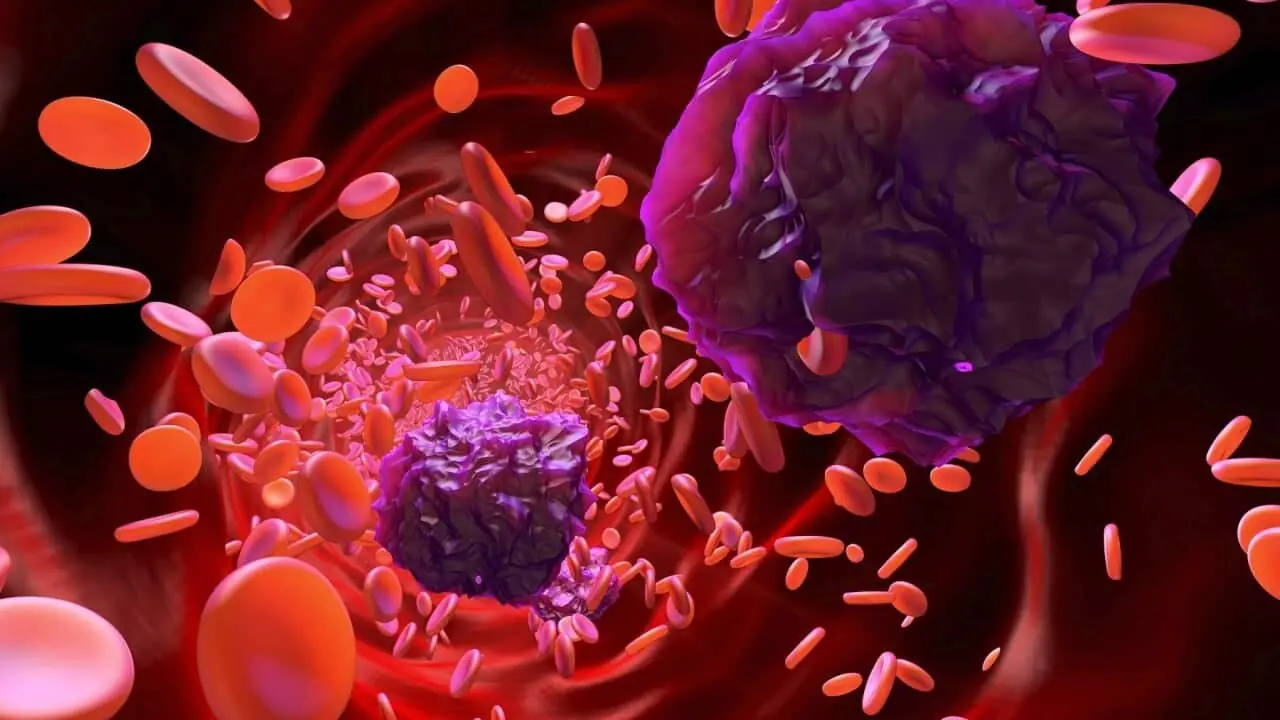
Is Cancer Hereditary? Useful Advice to Prevent the Growth of Cancer Cells

4 types of people who should avoid eating cucumbers

10 Warning Signs It’s Time to Cut Back on Caffeine

Legs Feeling Weak? These 3 Drinks Can Bring Back Your Strength

Mix These 3 Before Bed — They Help Heal Your Arteries While You Sleep

Stop Sleeping Like This — It’s Ruining Your Spine!
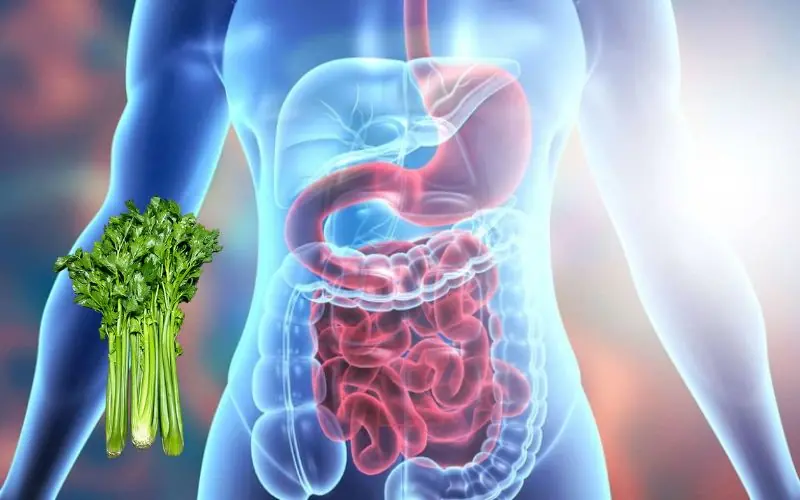
Eat Celery Regularly for a Healthier Digestive System and Lower Blood Sugar Levels

What Your Feet Can Reveal About Your Blood Pressure, Thyroid And Arthritis Risk

Stop Throwing Away Avocado Seeds: They’re Potent Cancer Fighters!

Why You Should Drink THIS Warm Turmeric Water In The Morning

Does The Inside Of Your Ear Itch
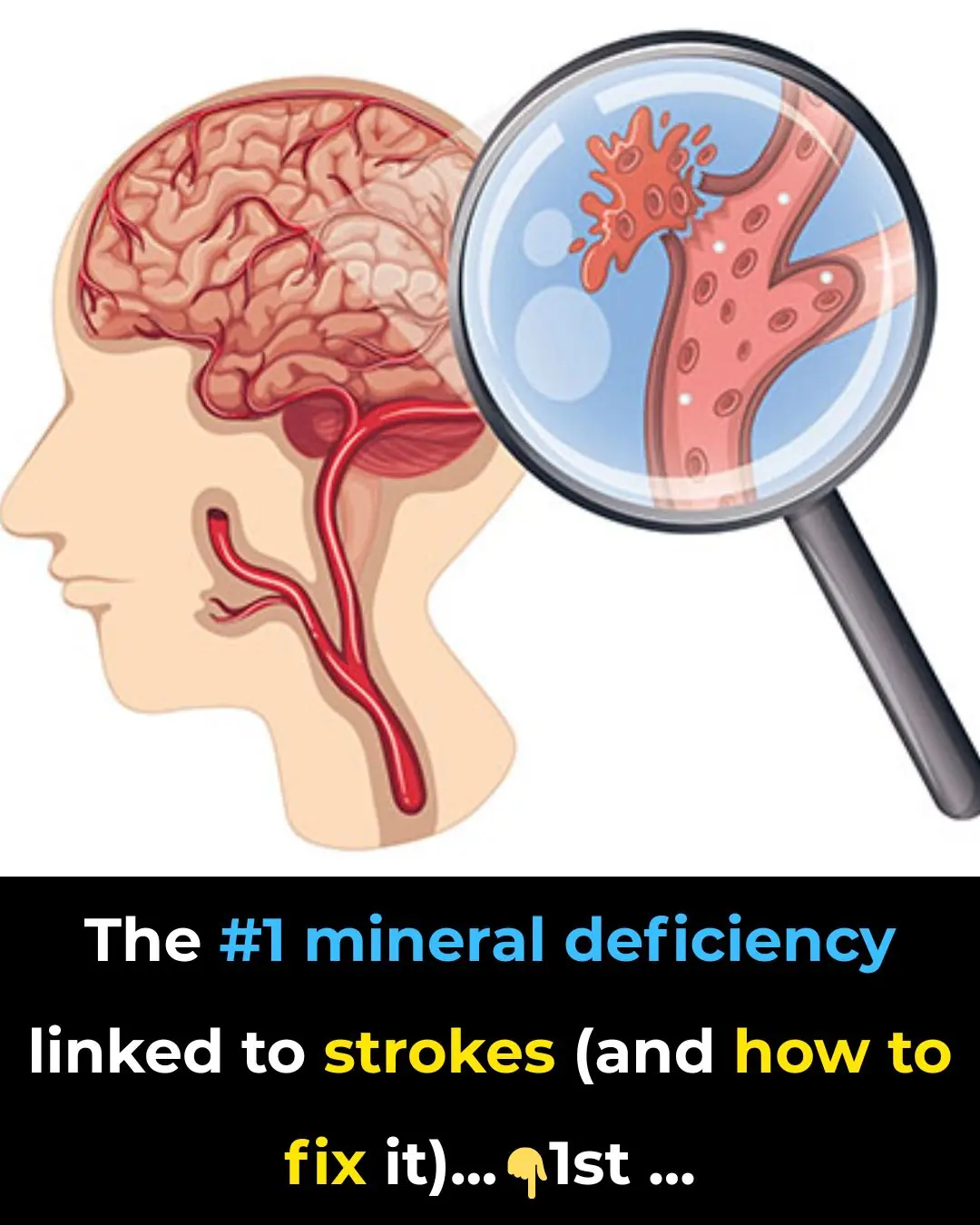
The #1 mineral deficiency linked to strokes (and how to fix it)

Top 8 vitamins that boost testosterone
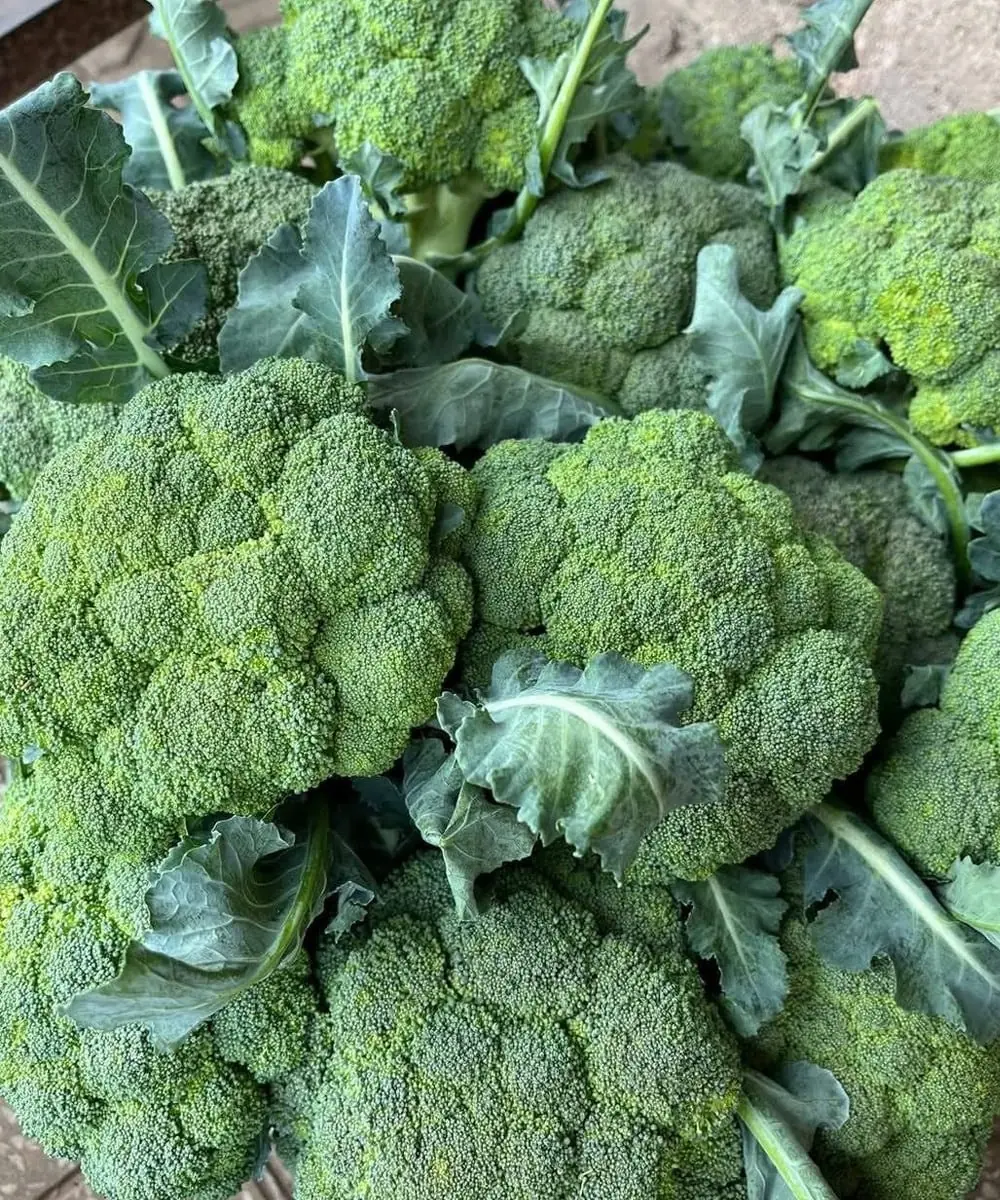
Is Broccoli Better Than Cauliflower? The Real Truth About Cancer Risk, Heart Health and More

What Your Belly Is Trying to Tell You
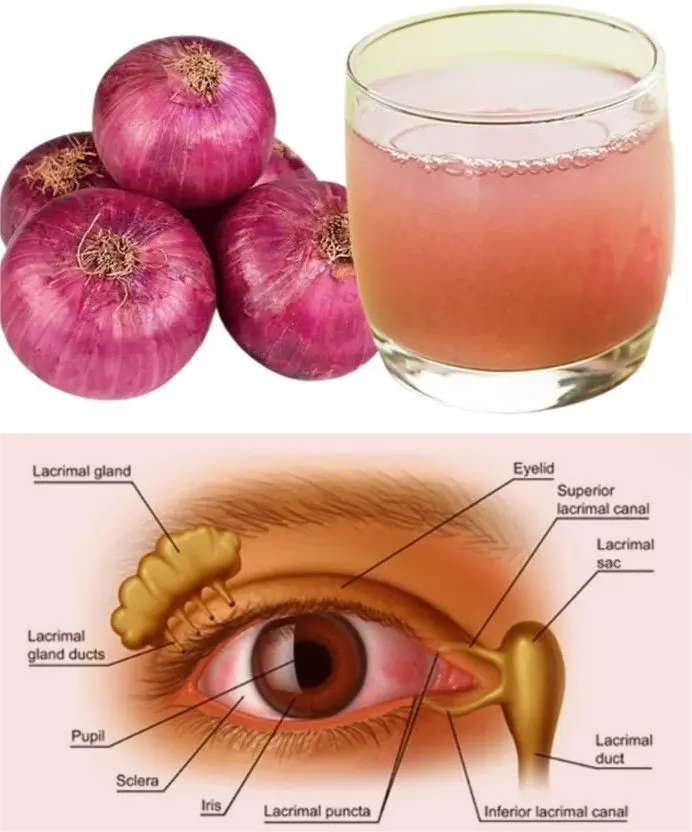
Can Onion Juice Gently Support Eye Health? A Natural Tip to Try

Bed Bugs Hate This! How Diatomaceous Earth and Cloves Can Wipe Them Out
News Post

A 3-Year-Old Girl Bit a Thermometer and Swallowed Mercury: A Mother’s Smart Reaction Saved Her Daughter’s Life and Earned the Doctor’s Praise

5 Signs of Kidney Failure That, If Ignored, Could Lead to a Lifetime of Dialysis

Is Cancer Hereditary? Useful Advice to Prevent the Growth of Cancer Cells

4 types of people who should avoid eating cucumbers

10 Warning Signs It’s Time to Cut Back on Caffeine

Scientists Reveal Interoception, the Amazing Sixth Sense of Humans

Stop throwing out old hoses. Here are 10 brilliant hacks to use them around the house

Shaun Wallace’s heartbreak over tragic family death: ‘I watched him physically degenerate’

EXCLUSIVE: Kerry Katona 'upset' over 'selfish' Katie Price as cracks show in friendship

You’re doing it all wrong. Here’s the right way to clean air vents

Big Brother fans fume ‘she can't get away with this’ as they slam housemate

My nana taught me this hack to get rid of lawn burn from dog pee in 5 mins with 0 work. Here’s how it works
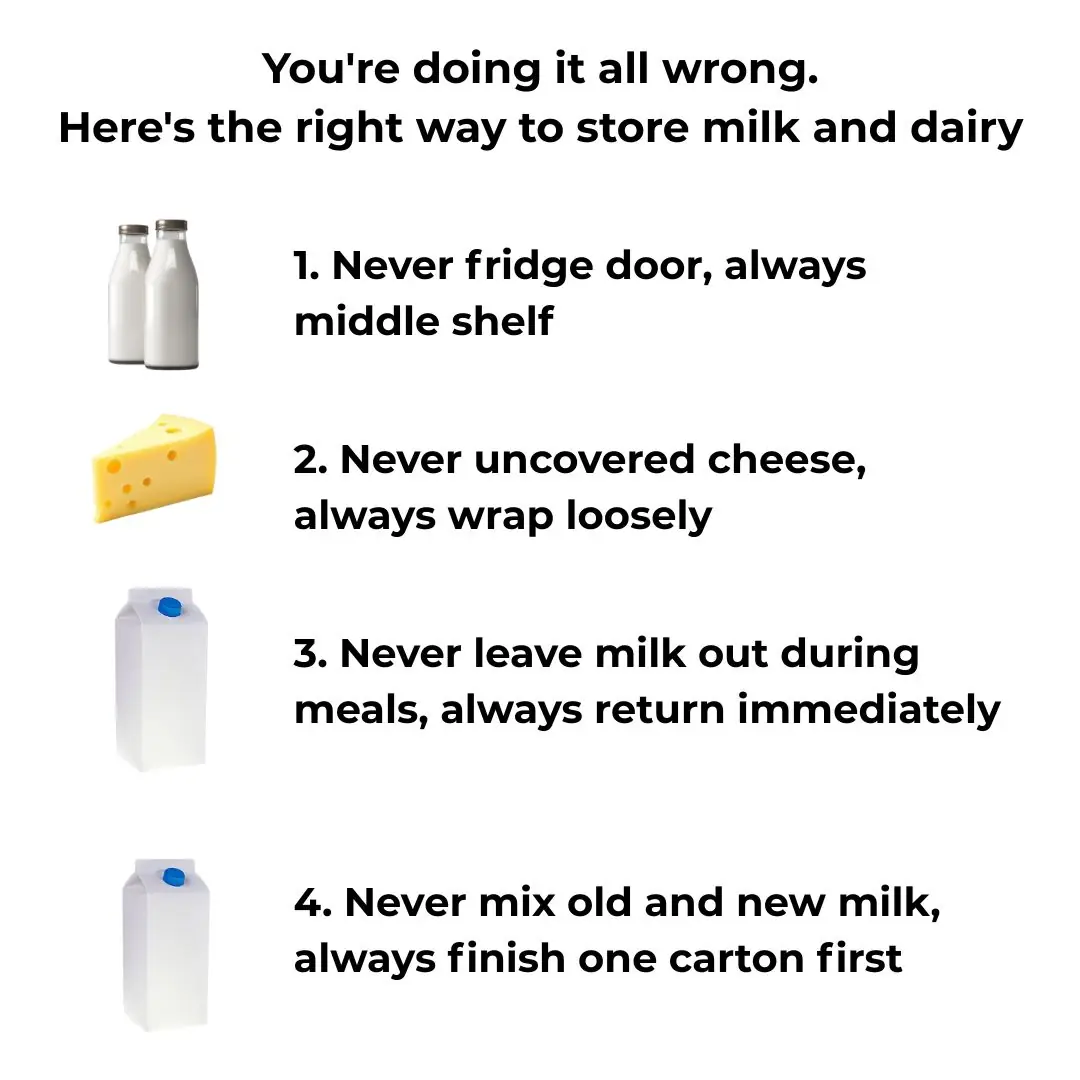
You're doing it all wrong. Here’s the right way to store milk and dairy

You are doing it all wrong. Here's the right way to clean mirrors

Most do this wrong. 10 leftovers you’re storing wrong

Delicious and crispy onion salt, you can keep it all year round without worrying about scum, just make it this way, whoever eats it will remember it forever

You are doing it all wrong. Here's the right way to store cleaning supplies

My nana taught me this hack to whiten yellow pillows in 5 mins with 0 work. Here’s how it works

3 ultimate recipes using Vaseline & lemon to erase dark spots, clear acne and glow skin
